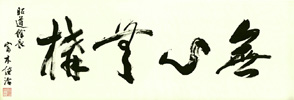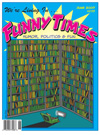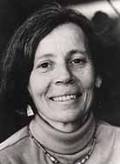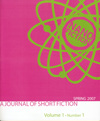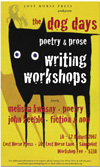The June 2007 issue of Dark Sky Magazine is now online, featuring literature by Jenny Steele, Michael Phillips, Charlie Geer, Meredith Doench, Jack Emery, Martin Brick, Luke Boyd, Richard O’Connell, Richard O’Connell, Louise Snowden, Rupert Fike, John Grey, and artwork by Elizabeth Cadwell, Isabel Barnes, Miranda Clark.
From “Bend” by Meredith Doench:
I.
“No one’s ever loved me before. People have told me they did, like my mom. But she only said so when I’d done something to please her, or after she’d had too much to drink or smoke. So when Alison Rogers said, Nicole, I love you, I cried harder than I’ve ever cried before. And the weird thing was Alison cried too, hugging me close, her tears getting the shoulder of my old t-shirt wet and warm.
Now the staff at Lakeridge Psychiatric Center would have called this inappropriate touch between patients, so we were wedged tight into the cubby hole of a maintenance closet that someone left open while getting a mop. I could hear…”
Read and see much more on Dark Sky Magazine.


